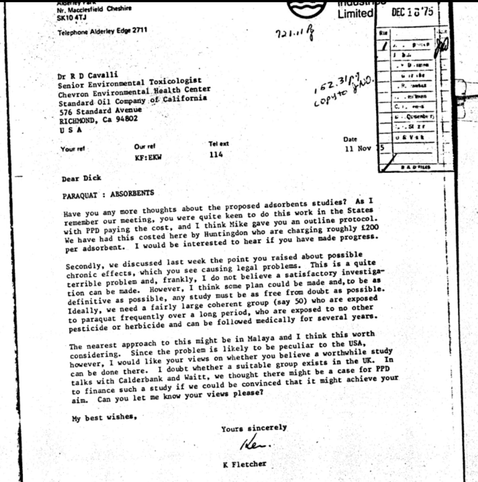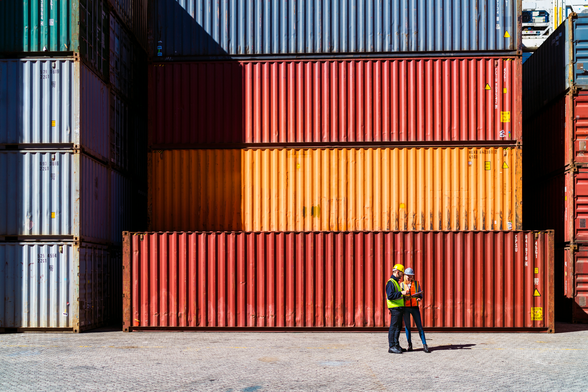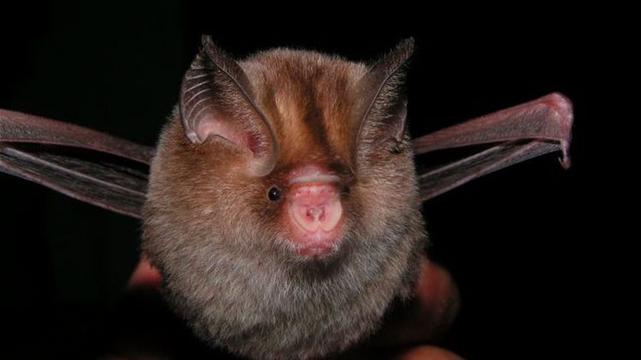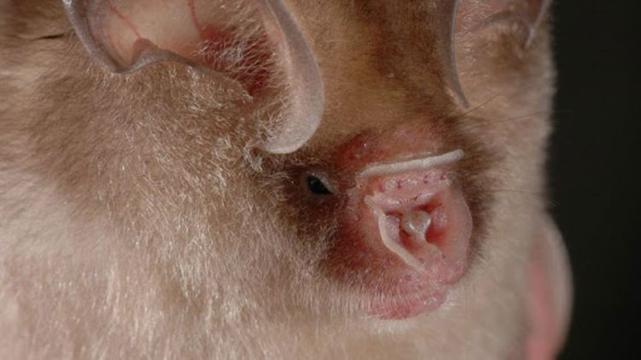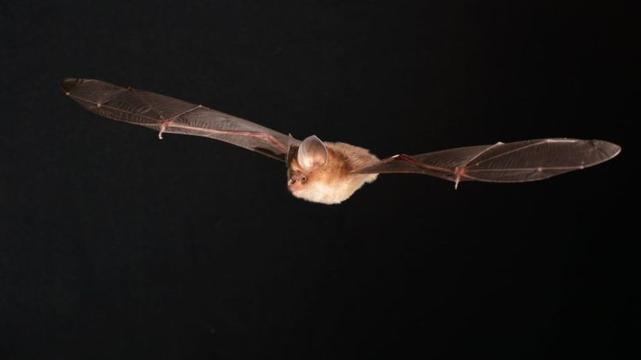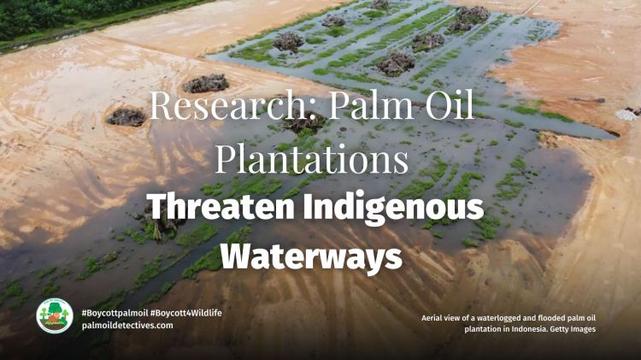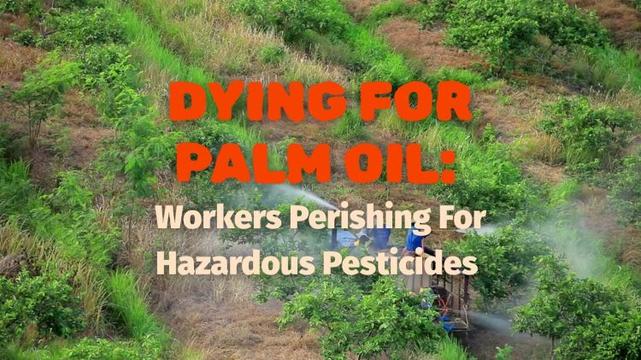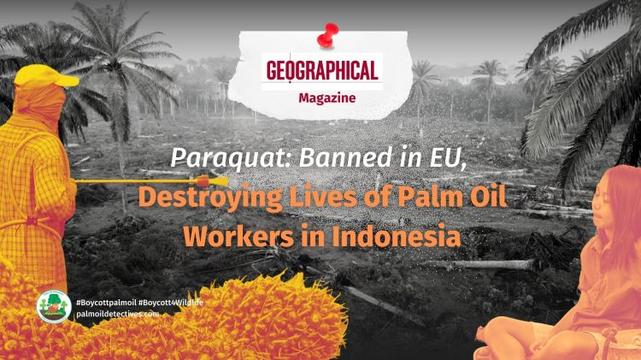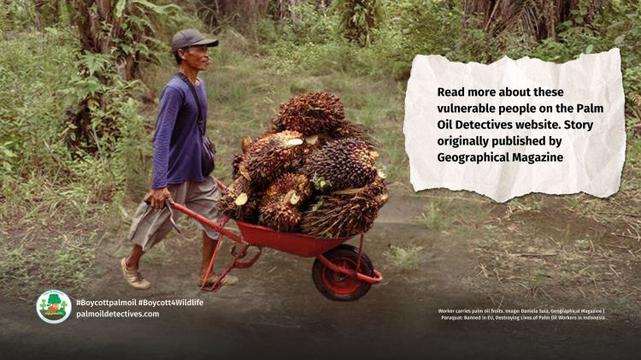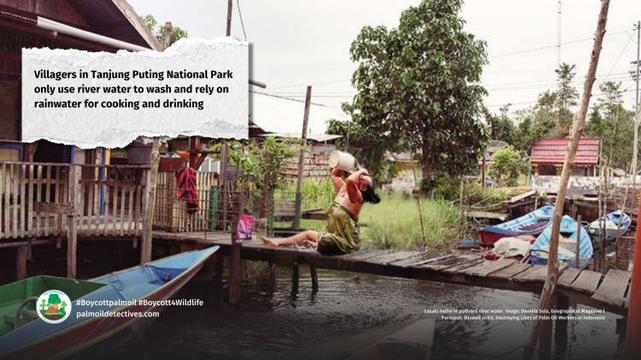Thailand Leaf-nosed Bat Hipposideros halophyllus
Thailand Leaf-nosed Bat Hipposideros halophyllus
IUCN Red List Status: Vulnerable
Location: Thailand (Chiang Mai, Lop Buri, Sara Buri, Sa Kaeo), Northern Peninsular Malaysia (Perlis)
Habitat: Limestone caves in lowland forests between sea level and 480 metres
The Thailand leaf-nosed #bat (Hipposideros halophyllus) is a #Vulnerable and elusive bat species confined to the limestone cave systems of #Thailand and northern Peninsular #Malaysia. With fewer than 10,000 individuals remaining, and many local populations under threat from limestone #mining, #palmoil and #timber deforestation, and #pesticide use, this cave-dwelling species is projected to decline by at least 15% over the next 15 years. Found only in isolated forest patches, these #bats are easily disturbed and highly sensitive to habitat change. Protecting them begins with rejecting destructive industries. Help them when you shop and #BoycottPalmOil #Boycott4Wildlife and adopt a #Vegan lifestyle.
Bats are absolutely essential to forest eco-systems. They pollinate plants and make the forest grow and also control insect populations. The Thailand Leaf-nosed Bat is species of Indonesian bat that is vulnerable and experiencing rapid loss of their limestone habitat in the area due to limestone mining (S. Bumrungsri pers. comm).
Thailand Leaf-nosed #Bats 🦇🖤🦇 are ecosystem guardians dispersing seeds in #rainforests of #Thailand 🇹🇭 and #Malaysia 🇲🇾 Hunting and rampant #deforestation are ravaging their numbers. Help flying #mammals, be #vegan 🥦 #Boycott4Wildlife @palmoildetect https://palmoildetectives.com/2021/01/24/thailand-leaf-nosed-bat-hipposideros-halophyllus/
Share to BlueSky Share to Twitter Appearance and Behaviour
The Thailand leaf-nosed bat is a small, insectivorous mammal characterised by a distinct horseshoe-shaped noseleaf that assists in echolocation. Though morphologically similar to its relatives in the Hipposideros bicolor group, H. halophyllus can be distinguished by its echolocation calls and skull shape. These bats roost communally in dark limestone caves, often choosing locations with narrow entrances and minimal light exposure. They are most active at dusk and dawn, remaining close to their roost, usually within a 2 km radius, to forage for insects.
Diet
Like many hipposiderid bats, the Thailand leaf-nosed bat is an insectivore. They use sophisticated echolocation to locate flying insects at night, including moths, beetles, and other small arthropods. Their foraging radius is limited, which makes intact, nearby forest habitat crucial to their survival.
Reproduction and Mating
Very little is known about their reproductive cycle. However, similar species in the Hipposideros genus tend to breed once a year, with females giving birth to a single pup. Maternity roosts are likely to be highly sensitive to disturbance, and young bats rely on secure cave environments for their early development.
Geographic Range
The species is found from northern Thailand (Chiang Mai, Lop Buri, Sa Kaeo, and Sara Buri) to northern Peninsular Malaysia (Perlis). Its range is severely fragmented, with key populations found in Khao Samor Khon and Pha Daeng Cave. Most known populations are small, isolated, and surrounded by agriculture and urban development, limiting gene flow and recolonisation opportunities.
Threats
Known localities are severely fragmented and surrounded by urban areas or rice fields where pesticide use is high. The bats were reported being hunted by local hunters at Khao Samor Khon (Lop Buri) and disturbed by tourist activities in Ton Chan Cave (Sara Buri) and Khao Yoi Cave (Petcha Buri) (Douangboubpha et al. 2010). This species is assessed as Vulnerable because the population is estimated to be less than 10,000 individuals, and they are expected to decline by 15% in the next 15 years (three generations).
In addition most known populations are outside protected areas and the forest habitat is highly disturbed due to livestock and deforestation (S. Bumrungsri pers. comm).
IUCN red list
- Limestone mining: Destruction of cave systems, especially outside protected areas
- Deforestation: Loss of surrounding forest for logging and agriculture
- Palm oil plantations: Expansion into forested areas reduces foraging grounds
- Tourism: Disturbance in caves such as Ton Chan and Khao Yoi
- Pesticides: High levels of pesticide use in adjacent rice fields impact insect prey and bat health
- Hunting: Local hunting at some roost sites (e.g. Khao Samor Khon)
Take Action!
Protecting the Thailand leaf-nosed bat means defending what remains of Southeast Asia’s ancient limestone ecosystems. Reject products that fuel deforestation and cave destruction, including palm oil. Support bans on limestone mining in biodiversity-rich zones and demand action against pesticide pollution. #BoycottPalmOil #Boycott4Wildlife #Vegan #BoycottMeat
FAQs
How many Thailand leaf-nosed bats are left?
The global population is estimated at fewer than 10,000 individuals, with most colonies extremely small and fragmented. The largest known group—at Khao Samor Khon in Thailand—is estimated to host only 1,000–1,400 bats (Waengsothorn et al., 2006). Many other sites have fewer than 200 bats, and no connectivity exists between populations.
Why are limestone caves so important for these bats?
Hipposideros halophyllus requires specific cave conditions: low elevation, limestone rock formations, small underground entrances, and stable humidity. These habitats provide protection from predators and climate extremes. Once a cave is mined, the bats cannot relocate easily, making habitat loss devastating (Douangboubpha et al., 2010).
Do palm oil plantations threaten bats?
Yes. Forest clearing for palm oil destroys the vegetation buffer around bat caves and reduces insect availability. The bats rarely travel far from their roosts, so losing surrounding forest can starve colonies and make them vulnerable to predators and heat stress.
Do Thailand leaf-nosed bats live in protected areas?
Most known populations are outside protected areas and vulnerable to mining, tourism, or hunting. The lack of formal protection makes conservation efforts difficult, and habitat degradation continues largely unchecked (IUCN, 2021).
What can we do to help protect them?
Support bans on mining in karst landscapes, avoid products with palm oil, and advocate for more protected areas in Thailand and Malaysia. Raising awareness and funding for bat surveys is also essential, as these bats are rarely monitored.
Further Information
Douangboubpha , B. & Soisook, P. 2016. Hipposideros halophyllus. The IUCN Red List of Threatened Species 2016: e.T10137A22092544. https://dx.doi.org/10.2305/IUCN.UK.2016-2.RLTS.T10137A22092544.en. Downloaded on 24 January 2021.
Douangboubpha, B., Bumrungsri, S., Soisook, P., Murray, S. W., Puechmaille, S. J., Satasook, C., Hla Bu, S. S., Harrison, D. L., & Bates, P. J. J. (2010). A taxonomic review of Hipposideros halophyllus, with additional information on H. ater and H. cineraceus (Chiroptera: Hipposideridae) from Thailand and Myanmar. Acta Chiropterologica, 12(1), 29–50. https://doi.org/10.3161/150811010X504572
Douangboubpha , B. & Soisook, P. 2016. Hipposideros halophyllus. The IUCN Red List of Threatened Species 2016: e.T10137A22092544. https://dx.doi.org/10.2305/IUCN.UK.2016-2.RLTS.T10137A22092544.en. Accessed on 18 April 2025.
Thailand Leaf-nosed Bat Hipposideros halophyllus
How can I help the #Boycott4Wildlife?
Take Action in Five Ways
1. Join the #Boycott4Wildlife on social media and subscribe to stay in the loop: Share posts from this website to your own network on Twitter, Mastadon, Instagram, Facebook and Youtube using the hashtags #Boycottpalmoil #Boycott4Wildlife.
✓ Subscribed
2. Contribute stories: Academics, conservationists, scientists, indigenous rights advocates and animal rights advocates working to expose the corruption of the palm oil industry or to save animals can contribute stories to the website.
Wildlife Artist Juanchi Pérez
Read more
Mel Lumby: Dedicated Devotee to Borneo’s Living Beings
Read more
Anthropologist and Author Dr Sophie Chao
Read more
Health Physician Dr Evan Allen
Read more
The World’s Most Loved Cup: A Social, Ethical & Environmental History of Coffee by Aviary Doert
Read more
How do we stop the world’s ecosystems from going into a death spiral? A #SteadyState Economy
Read more
3. Supermarket sleuthing: Next time you’re in the supermarket, take photos of products containing palm oil. Share these to social media along with the hashtags to call out the greenwashing and ecocide of the brands who use palm oil. You can also take photos of palm oil free products and congratulate brands when they go palm oil free.
https://twitter.com/CuriousApe4/status/1526136783557529600?s=20
https://twitter.com/PhillDixon1/status/1749010345555788144?s=20
https://twitter.com/mugabe139/status/1678027567977078784?s=20
4. Take to the streets: Get in touch with Palm Oil Detectives to find out more.
5. Donate: Make a one-off or monthly donation to Palm Oil Detectives as a way of saying thank you and to help pay for ongoing running costs of the website and social media campaigns. Donate here
Pledge your support #Agriculture #Bat #bats #Boycott4wildlife #BoycottMeat #BoycottPalmOil #deforestation #hunting #Malaysia #Mammal #mammals #mines #mining #palmoil #Paraquat #pesticide #pesticides #pollination #pollinator #rainforests #SouthEastAsia #Thailand #ThailandLeafNosedBatHipposiderosHalophyllus #timber #tourism #vegan #vulnerable #VulnerableSpecies
